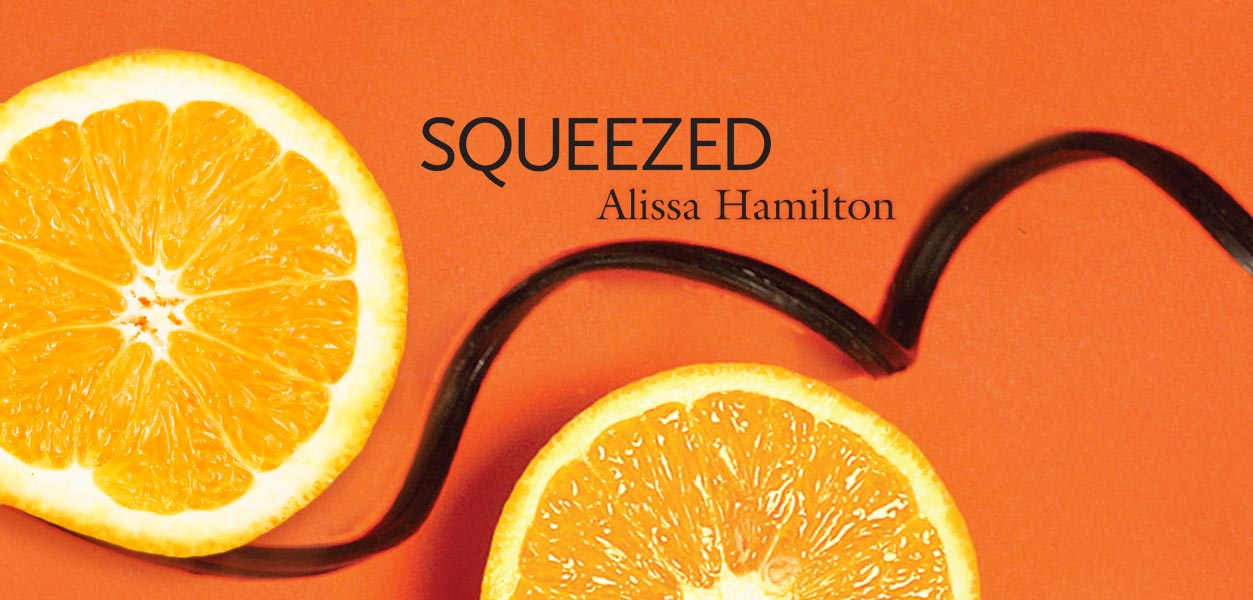Squeezed to the Last Drop: From Florida Orange Groves to the Courtroom
Merriam Webster defines “natural” as “growing without human care; not cultivated,” but one organization that does not define how the word natural can be used is the Food and Drug Administration. This absence of a definition in the food industry is at the heart of Alissa Hamilton’s Squeezed: What You Don’t Know About Orange Juiceand a series of lawsuits against orange juice giant Tropicana. Hamilton’s book is the basis for the lawsuits with the research used to write the book being used as evidence in the case. Tropicana is not the first company to find itself on the legal stand to defend itself over packaging claims, Snapple was recently taken to court over using the words “all natural” on their label when their products contained high fructose corn syrup. Snapple won summary judgment in the case in January. Other companies like 7 UP and Capri Sun have faced similar complaints and voluntarily removed all natural claims from their packages. This outcome, while not what Tropicana’s advertising agency, Juniper Park, might want to hear, would satisfy Hamilton.

Alissa Hamilton, credit Bart Nagel
In a series of recent interviews Alissa Hamilton discussed the research that went into the book and what she would like to see as a result of the lawsuit. The fundamental idea behind Squeezed is companies are not being honest with consumers about what they include in their products. For instance, the flavor packs which provide the stored orange juice with its distinct taste is not found on the ingredient list. Hamilton argues that while the chemicals “are all derived from orange . . . they are not in the concentration that nature has provided us.” This leads, then, to the overarching question of the entire debate: what is defined as natural? The question left up to the court system is whether or not Tropicana is guilty of false advertising—should it be ruled that flavor packs are not natural—and if they should be required to include the flavor packs on their ingredient list.
 While the idea of paying for something that is falsely advertised is unsettling, the idea that food and beverage companies are being dishonest is even more unsettling. Hamiltonexplains, in an interview with CBC in Canada, that applying the term “natural” when the products are chemically modified renders the word meaningless. Near the end of the book Hamilton emphasizes, “Unless we as consumers are provided with factual information, we cannot accurately assess what and what not to worry about. We cannot properly rank our priorities. We cannot make meaningful choices regarding the massive number of industrial products on the market.” Given the number of “natural” products that have taken up residence on grocery store shelves across the country the power of choice is growing, but it raises the question: how many of our choices are fully informed? The Tropicana lawsuit could face months to years in court with meetings, preliminary hearings, and appeals, but will it actually change the way consumers look at food labels or what the producers put on those food labels?
While the idea of paying for something that is falsely advertised is unsettling, the idea that food and beverage companies are being dishonest is even more unsettling. Hamiltonexplains, in an interview with CBC in Canada, that applying the term “natural” when the products are chemically modified renders the word meaningless. Near the end of the book Hamilton emphasizes, “Unless we as consumers are provided with factual information, we cannot accurately assess what and what not to worry about. We cannot properly rank our priorities. We cannot make meaningful choices regarding the massive number of industrial products on the market.” Given the number of “natural” products that have taken up residence on grocery store shelves across the country the power of choice is growing, but it raises the question: how many of our choices are fully informed? The Tropicana lawsuit could face months to years in court with meetings, preliminary hearings, and appeals, but will it actually change the way consumers look at food labels or what the producers put on those food labels?
For recent interviews with Alissa Hamilton and more coverage of Squeezed, you can check out the Associated Press article and CBC’s The National, Eyeopener, and Lang & O’Leary Exchange, or visit the Squeezed blog.




